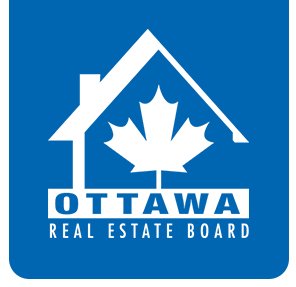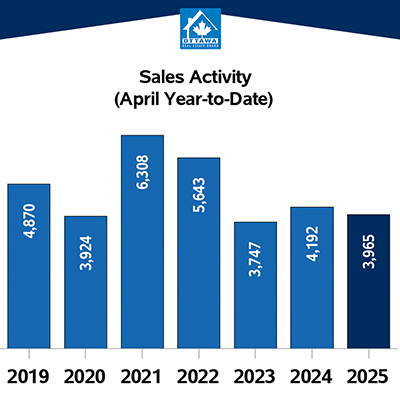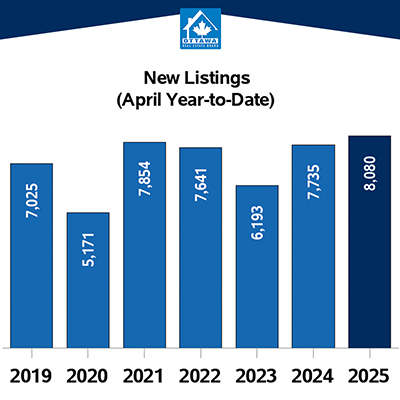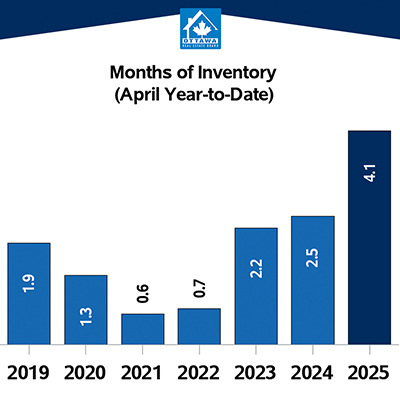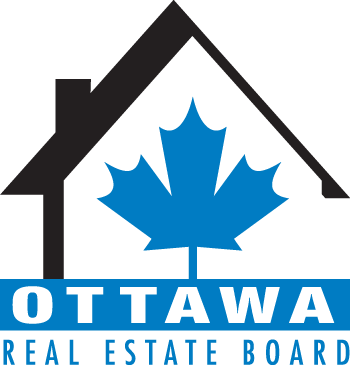Ottawa – May 16, 2025 — Housing affordability and supply must be central to Ontario’s plan to protect our province against the threat of economic disruption caused by U.S. tariffs. The 2025 Ontario Budget makes important commitments to get more homes built faster and advance key local infrastructure projects that are crucial to our region’s long-term prosperity.
The Ottawa Real Estate Board (OREB) welcomes the additional $400 million in funding for the Municipal Housing Infrastructure Program (MHIP) and Housing-Enabling Water Systems Fund (HEWSF). This new investment will help municipalities get more homes built faster in Ottawa and in communities across Eastern Ontario.
In addition, OREB is also encouraged by the province’s new $50 million modular housing commitment. Faster, factory-built solutions are a viable path forward in areas where skilled labour shortages and high material costs have stalled progress.
OREB continues to encourage the province to make amendments the Highway Traffic Act that would exempt factory-built homes from seasonal weight restrictions. This change is essential to ensure these homes can be delivered year-round to the communities that need them.
Finally, OREB supports the province’s willingness to explore options for uploading the Ottawa LRT. Should this proceed, it has the potential to alleviate future capital costs for local taxpayers and unlock funding for other housing-supportive infrastructure.

Paul Czan
2025 OREB President

